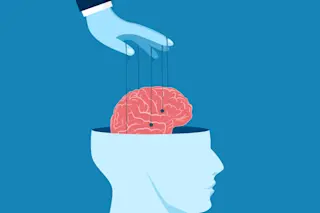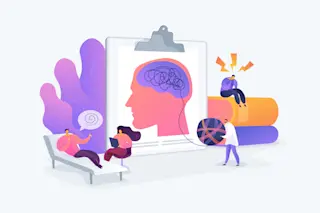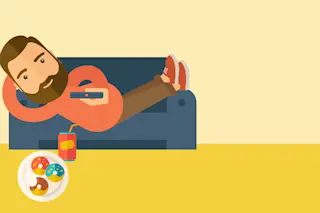It's almost Thanksgiving here the US. Before you tuck into your stuffing, pumpkin pie, and cranberry sauce, save a little room for a big helping of science. Here are a few of our favorite Thanksgiving science stories from around the Internet, detailing the research behind fattening turkeys, giving thanks, post-holiday shopping, and more:
Discovery News takes a look at what turkeys have for dinner before becoming dinner. Typical feed pellets are made of, among other things, "soybean meal, animal by-products, [and] distillers' grains." But a professor at the University of Missouri has developed "the Missouri Ideal Turkey Diet," carefully designed turkey food that costs 8 to 10 percent less than typical feed pellets while packing the same nutritional punch. Yum.
As you think about what you're thankful for this year, the New York Times offers one more thing to add to your list: the very act of giving thanks is ...













